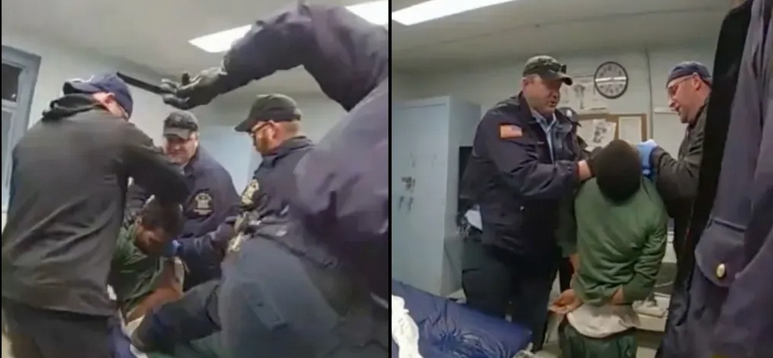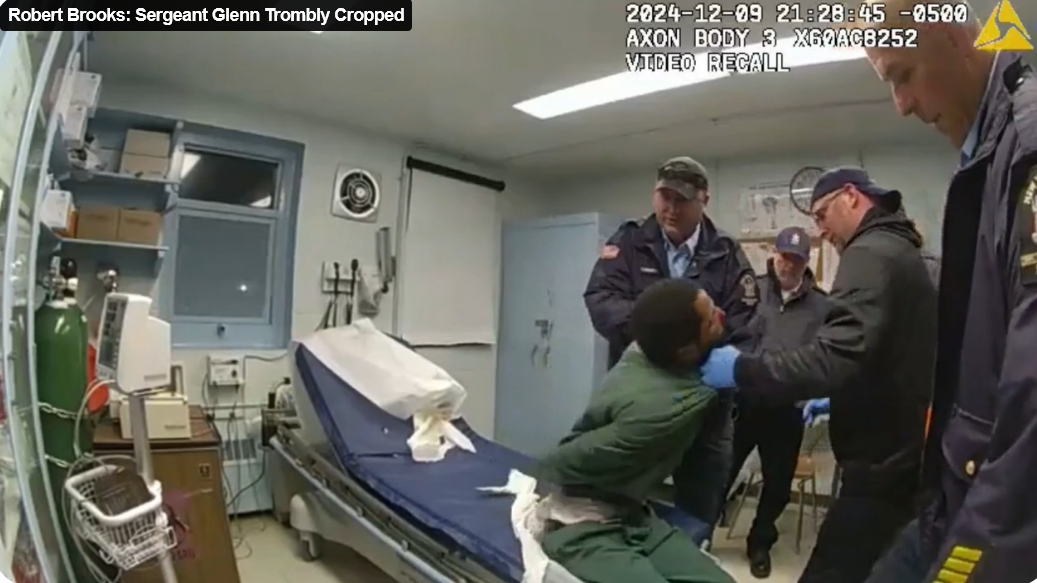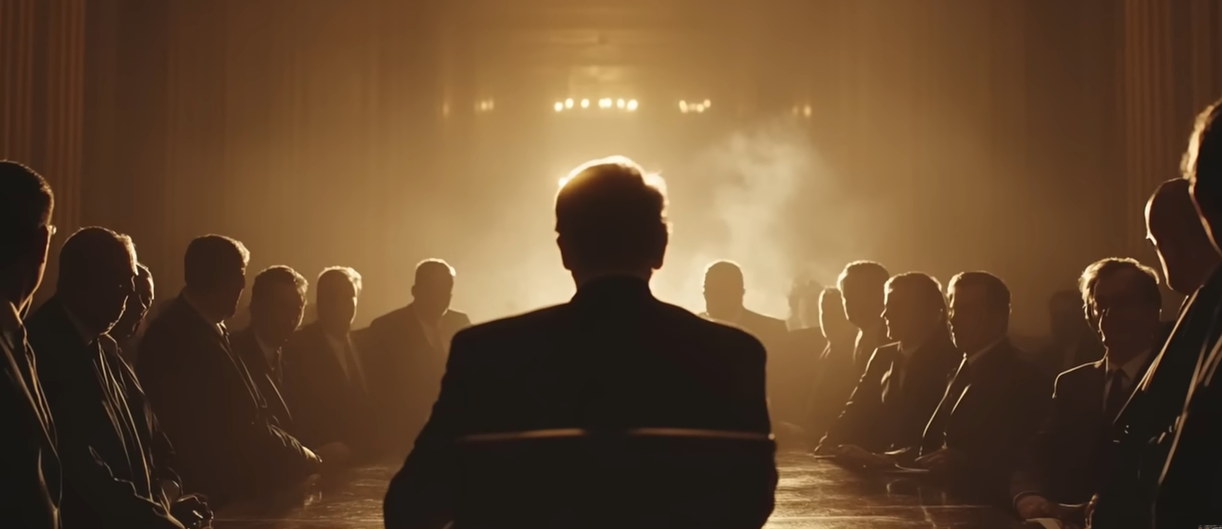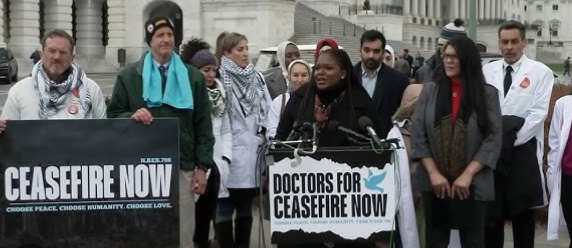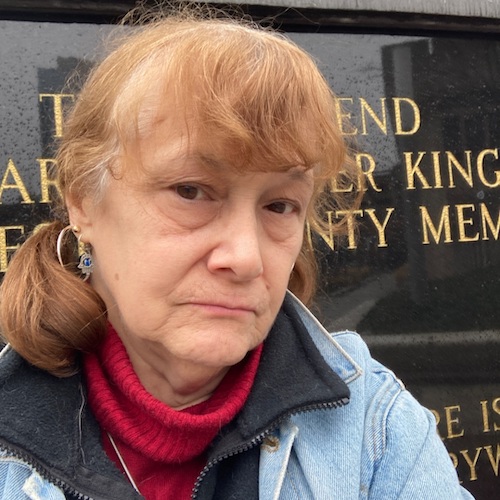Photos: Twitter
Last week, Henry Montgomery, now 75, was released after nearly six decades in a Louisiana prison for a crime that happened when he was a 17-year-old child.
In 1963, when Mr. Montgomery was a child, he was accused of shooting a white East Baton Rouge Sheriff’s deputy just two weeks after his 17th birthday. More than 60 Black men were arrested in the wake of the shooting, and cross burnings were reported in the days leading up to trial. Henry was tried and convicted for the murder. He automatically received the death penalty.
The Louisiana Supreme Court overturned his conviction and sentence in 1966, finding that the atmosphere around the trial had prejudiced him and prevented a fair trial. Henry was retried in 1969 and received a mandatory life-without-parole sentence.
As a teenager entering Louisiana’s notoriously violent and abusive Angola prison, Henry originally struggled to adjust, but even with no hope of release, he became a coach and trainer for a boxing team he helped establish, worked in the prison’s silkscreen department, and matured into a positive role model and counselor for other incarcerated men.
In 2012, the Supreme Court held in Miller v. Alabama that mandatory life-without-parole sentences imposed on children are unconstitutional. Mr. Montgomery filed a motion to challenge his sentence under Miller, but unlike most states, the Louisiana courts refused to apply the decision to cases that had completed the direct appeal process.
Mr. Montgomery appealed, and in 2016, the Supreme Court decided in his case that all states were required to retroactively apply the ban on mandatory death-in-prison sentences for children that the Court announced in Miller.
The Court in Montgomery v. Louisiana underscored that life-without-parole is unconstitutional for all “juvenile offenders whose crimes reflect the transient immaturity of youth” and, as a result, “it will be the rare juvenile offender who can receive [that] sentence.”
The decision required states to provide people who were children at the time of the offense a meaningful opportunity for release based on demonstrated rehabilitation and maturity.
Regardless of when their sentences were issued, the Court held that a chance for release must be given “to those who demonstrate the truth of Miller‘s central intuition—that children who commit even heinous crimes are capable of change.”
Henry Montgomery was resentenced to life with the opportunity for parole after the Court’s decision, but the parole board denied him release in 2018 and 2019.
Last week, though, the Board of Pardons and Committee on Parole voted unanimously for his release.
Today, 31 states and the District of Columbia either ban life-without-parole sentences for children or have no one serving the sentence.

